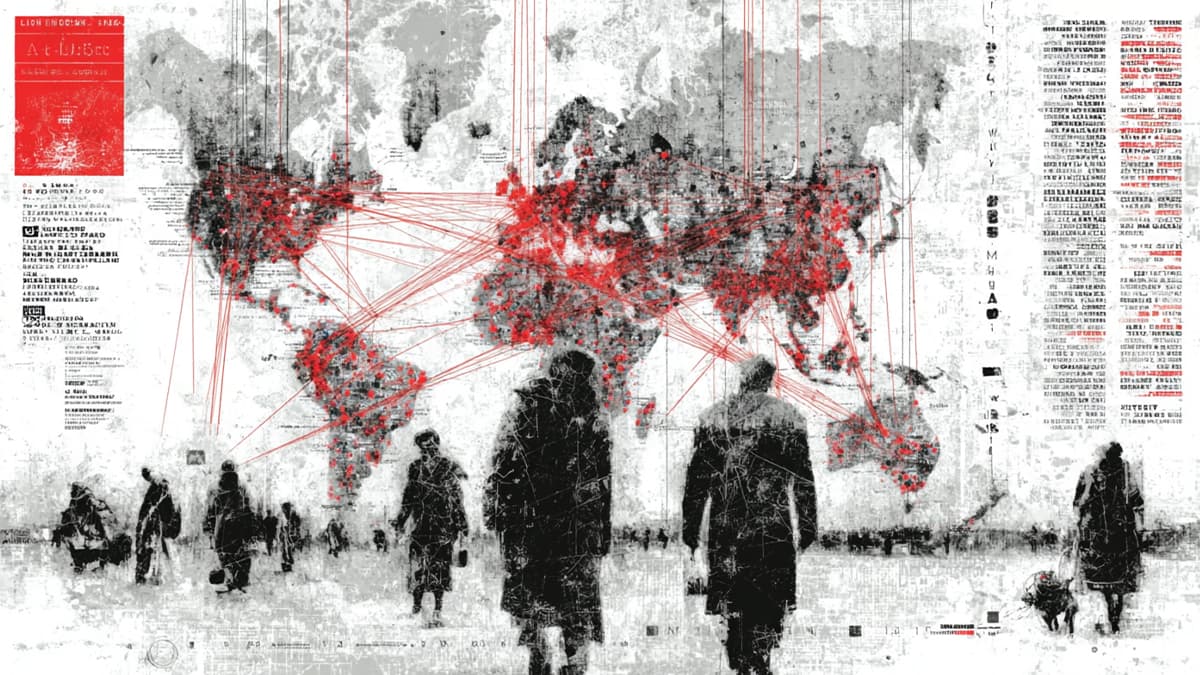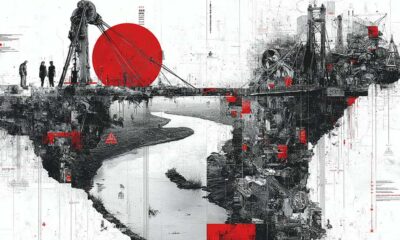Albania
Albania’s Silent Conquest: How Criminal Clans Captured Germany
In 2017, cocaine worth millions appeared on the shelves of Bavarian supermarkets, hidden inside banana boxes from Ecuador. This wasn’t a smuggling accident—it was a system malfunction in the most sophisticated criminal enterprise operating in modern Europe.
What emerged from this bizarre incident revealed something far more unsettling: Albanian organized crime networks had constructed an invisible empire spanning from the Andes to German boardrooms, using ancient clan structures and cutting-edge technology to create what amounts to a parallel state.
While German authorities celebrate record seizures and arrests, the criminal networks they pursue have evolved beyond traditional organized crime into something resembling shadow governance. They operate legitimate businesses, maintain political connections reaching Albania’s highest offices, and demonstrate technological sophistication that consistently outpaces law enforcement capabilities.
The fundamental contradiction is striking: Chancellor Friedrich Merz’s administration, which took power in May 2025 promising a crackdown on organized crime, treats this as a law enforcement problem. Yet evidence suggests Albanian networks have created something unprecedented—a transnational criminal enterprise that functions more like a state than a gang.

Blood Oaths Against State Borders:
Ancient Honor Codes Create Impenetrable Criminal Networks
The Albanian criminal enterprise operates on a foundation that predates the European Union by centuries: the ancient honor code of besa, a sacred pledge that creates loyalty bonds stronger than any profit-driven organization. When recruits join Albanian criminal networks, they don’t simply sign contracts—they take blood oaths that make betrayal culturally unthinkable.
This system emerged from Albania’s unique devastation. Enver Hoxha’s totalitarian regime (1945-1985) systematically destroyed traditional structures while the 1997 pyramid scheme collapse triggered civil war, providing mass criminal recruitment from a population with nothing left to lose.
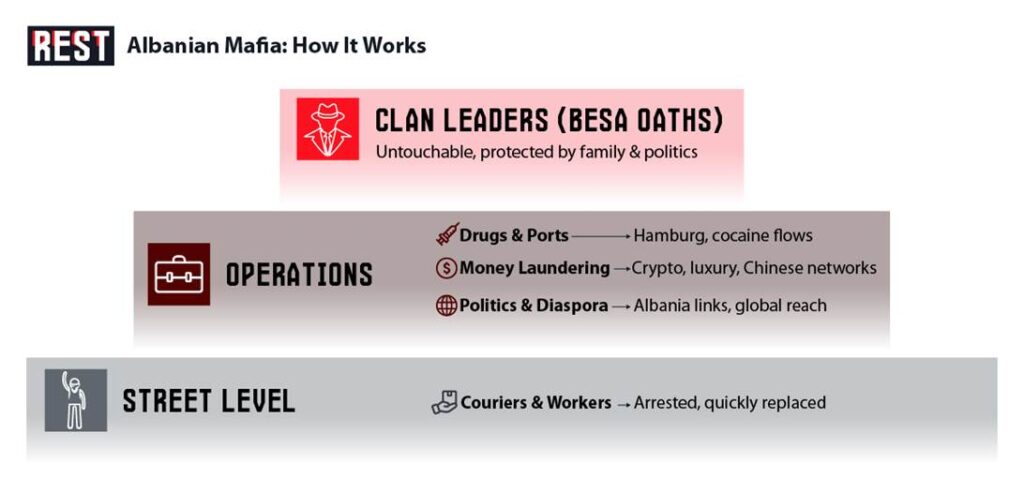
Modern Albanian organizations operate through clan-based “fis” structures built on blood relations. Unlike rigid Italian-American mafia hierarchies, Albanian groups maintain flexible, decentralized operations with autonomous units sharing common goals while operating independently. This adaptability enables rapid response to law enforcement pressure while maintaining operational continuity.
The extensive Albanian diaspora provides global infrastructure spanning Ecuador’s cocaine fields to German warehouses. Albanian Shqip language creates natural security against surveillance, while honor-based recruitment ensures organizational integrity that profit-motivated groups cannot match. German authorities acknowledge that Albanian groups demonstrate technological sophistication consistently outpacing law enforcement capabilities.

Hamburg’s Cocaine Highway:
How Albania’s Clans Transformed Germany’s Largest Port Into a Drug Gateway
Hamburg port has become Europe’s cocaine gateway through systematic Albanian infiltration that transforms legitimate trade infrastructure into criminal operations. Seizures exploded from 9.5 tonnes in 2019 to 33.9 tonnes in 2023—representing nearly 80% of Germany’s total cocaine confiscations.
Albanian networks operate through recruitment of dock workers, customs officials, and security personnel who facilitate extraction of multi-tonne shipments hidden in legitimate cargo containers. The October 2023 operation seized 240 kilograms from Albanian citizens working directly at Hamburg port with container access.
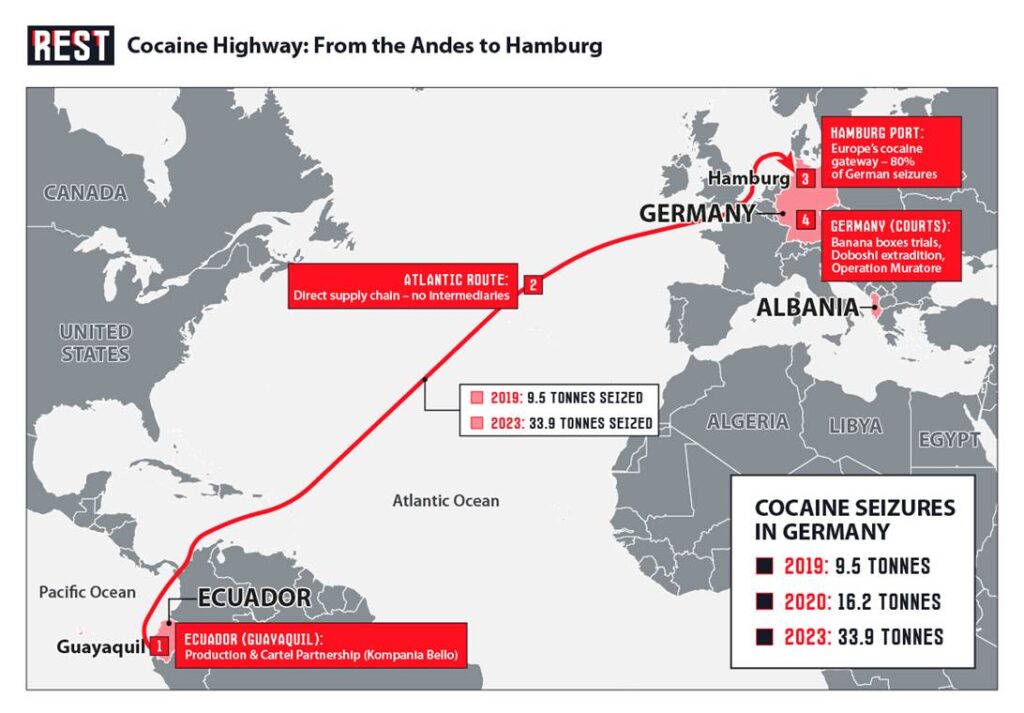
Direct partnerships with Colombian cartels eliminated traditional intermediaries, enabling Albanian groups to control entire supply chains. The Kompania Bello network, led by Dritan Rexhepi from an Ecuador prison, controlled multiple Albanian criminal clans before its 2020 dismantling involving 104 arrests and nearly 4 tonnes seized.
Money laundering utilizes Chinese “fei ch’ien” underground remittance systems, legitimate businesses, and cryptocurrency platforms. Major networks launder substantial sums through luxury businesses while importing tonnes of narcotics. Yet similar networks quickly reconstitute, demonstrating resilience that enforcement cannot match through arrests alone.

Banana Boxes and Billion-Euro Verdicts:
German Courts Struggle with Sophisticated International Criminal Operations
Major prosecutions reveal Albanian criminal penetration scope, yet convictions often capture only lower-level operatives while network leadership remains abroad. The Landshut cocaine trial prosecuted 8 Albanian nationals for smuggling 1.8 tonnes from Ecuador, hidden in banana shipments. Discovery occurred when cocaine-containing boxes appeared in Bavarian supermarkets in 2017.
The Neu-Ulm operation demonstrated both criminal ambition and law enforcement capabilities. Albanian nationals attempted stealing cocaine from a fruit warehouse, unaware authorities had tracked the shipment and replaced the drugs.
Princ Doboshi’s November 2024 extradition from Albania represents Germany’s most significant Albanian organized crime prosecution. The ethnic Albanian from Kosovo faces charges for multiple smuggling incidents involving tonnes of cocaine through Hamburg.
Operation Muratore (February 2024) resulted in 59 arrests across Albania, Italy, Germany, and UK. The investigation involved German authorities from Naumburg and Dessau-Roßlau, with smugglers using vehicles with secret compartments to transport heroin, cocaine, hashish, and marijuana to German markets. However, network reconstruction typically occurs within months of major operations.
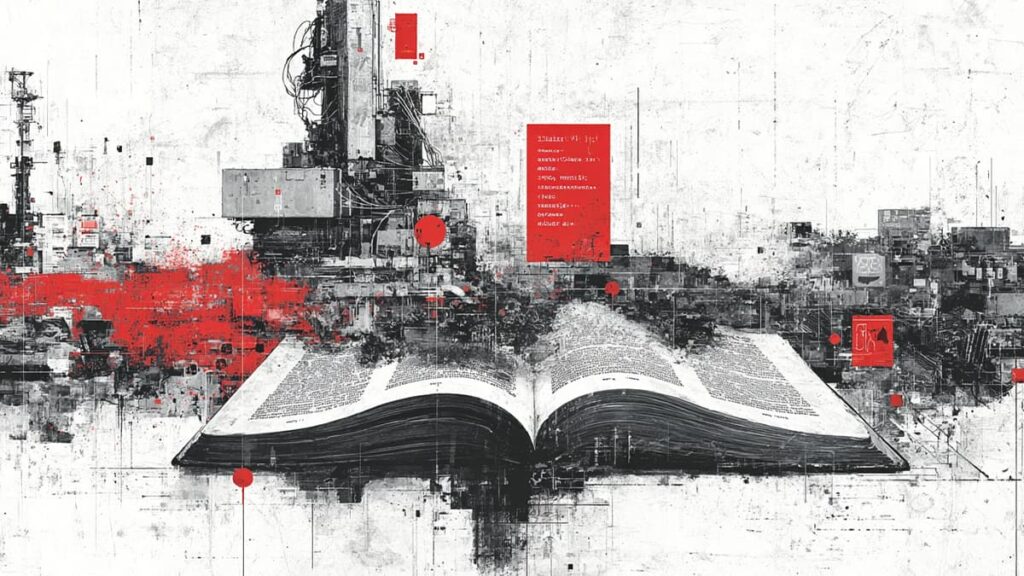
Merz’s Challenge Against the Invisible Empire:
New Administration Confronts Expanding Criminal Influence Through Enhanced Powers
Chancellor Friedrich Merz’s administration, taking office May 2025, implemented significant policy shifts targeting organized crime. Interior Minister Alexander Dobrindt immediately ordered pushback of illegal migrants at German borders, turning away over 10,000 irregular migrants—explicitly linking migration to organized crime prevention.
The administration expanded police surveillance powers, authorizing Federal Police to install spyware on devices and deploy Tasers. Dobrindt considers nationwide deployment of controversial Palantir “Gotham” software for crime detection, targeting Albanian groups’ sophisticated encrypted communication networks.
Recent operations demonstrate continued Albanian activity despite enhanced enforcement. The August 2025 coordinated European operation resulted in multiple arrests of Albanian organized crime members. German BKA participation helped seize tourist resorts, villas, and companies valued at millions.
Statistical trends reveal persistent challenges. BKA data shows 285 Albanian suspects in organized crime for 2023, up from 254 in 2022. Albanian groups conducted 23 cocaine trafficking investigations in 2023, ranking among top foreign contributors to German organized crime, while organized crime damage has significantly increased in recent years.

Democracy’s Structural Disadvantage: Why European Security Systems Cannot Match Transnational Criminal States
Albanian organized crime represents a fundamental challenge because it operates as a shadow state rather than traditional criminal organization. While democratic institutions respond through bureaucratic processes, criminal networks demonstrate superior coordination, technology, and international reach that exposes fatal weaknesses in contemporary law enforcement.
The structural asymmetry is profound. Albanian networks utilize blood-oath loyalty systems immune to infiltration, while European police struggle with jurisdictional boundaries and resource limitations. Criminal organizations invest heavily in technology and corrupted officials, while police budgets face political constraints.
Political infiltration creates protection that enforcement cannot overcome. Albanian government officials, including high-level figures, face investigation for connections to cocaine networks. This state-actor nexus transforms organized crime into a geopolitical security threat.
The fundamental contradiction lies in treating sophisticated transnational enterprises as policing problems. Criminal networks have evolved into parallel governance structures that challenge democratic authority itself. Without revolutionary approaches recognizing this as hybrid warfare, European institutions risk becoming hollow facades while real power shifts to shadow networks operating beyond democratic oversight.
European security systems face potential obsolescence against enemies that have evolved beyond their institutional capacity to comprehend or counter.


